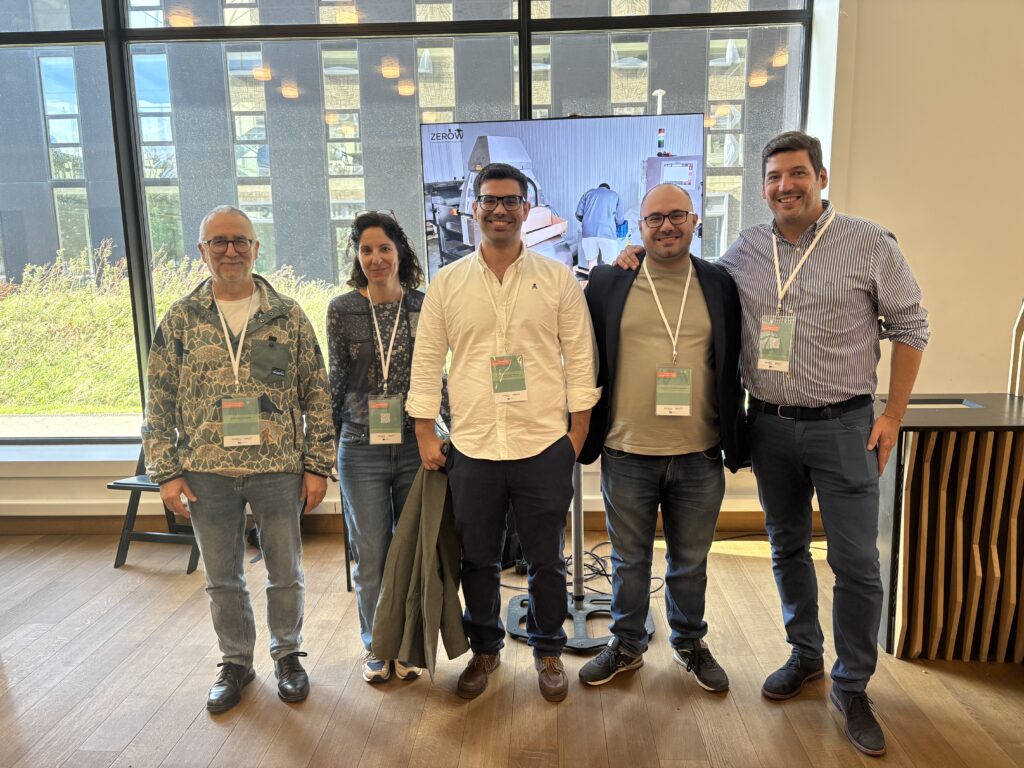The European ZeroW project, launched in January 2022 with the aim of developing technologies to reduce food waste and food loss, presented its final results in a joint meeting with the CHORIZO research initiative, during a conference in Brussels attended by 231 participants, 114 of whom joined online.
Klaus Berend, Director for Food Safety and Sustainability at the Directorate-General for Health and Food Safety (DG SANTE), responsible for EU policy on food safety and health as well as overseeing the implementation of related legislation, addressed in his welcome speech the European challenge of food waste and highlighted the European Commission’s strong support for projects such as ZeroW and CHORIZO: “Cross-sector collaboration is essential to succeed in reducing food loss and waste.”
United in a common challenge
CHORIZO examines how social norms influence food waste, while ZeroW drives technological and collaborative innovations to reduce it. Together, they combine a social perspective with practical innovation to bring Europe closer to a zero-waste future.
The event combined keynote speeches, parallel sessions and demonstrations of innovations from ZeroW and CHORIZO. Highlights included the ZeroW FLW Dataspace, a digital platform that facilitates collaboration across the food chain to identify inefficiencies and reduce waste. Other presentations showcased educational games for schoolchildren, new packaging solutions with clearer labelling, and a meal-planning app designed to help households avoid over-purchasing and make better use of food.

CTA’s role
Within the ZeroW project, funded by the HORIZON 2020 programme with nearly €12M, Corporación Tecnológica de Andalucía (CTA), represented by consultant Jose Luís Gallego, has coordinated Living Lab 5, in which Andalusian partners Grupo La Caña and IFAPA, both CTA members, as well as MultiScan Technologies, are also involved. This Systemic Innovation Living Lab (SILL) focuses on the use of VIS-NIR technology to help reduce waste of non-aesthetic food, also known as ‘ugly food’, both at production and retail distribution stages.
Comming soon
The next steps will focus on completing the technical tasks of data collection and disseminating the results and progress of the solutions to prevent food waste. SILL5 will take part in and organise national events aimed at showcasing the impact the project will have once completed. This impact will continue after the validation of the solutions, by promoting the application of these technologies to similar products, developing business plans to build on the progress made, and linking the results to market costs, as well as to licences and certifications that will facilitate their scaling as a final commercial product.

